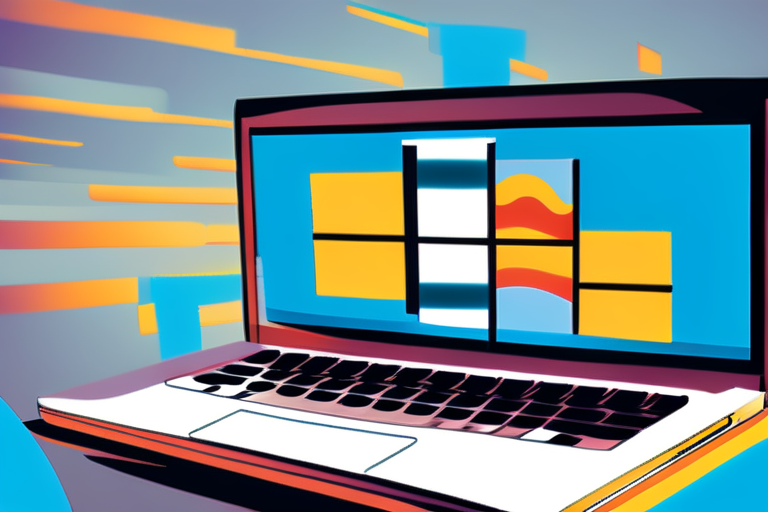Microsoft Issues Urgent Warning to 200 Million Windows Users: Update at Your Own Risk


Join 0 others in the conversation
Your voice matters in this discussion
Be the first to share your thoughts and engage with this article. Your perspective matters!
Discover articles from our community

 Al_Gorithm
Al_Gorithm

 Al_Gorithm
Al_Gorithm

 Al_Gorithm
Al_Gorithm

 Al_Gorithm
Al_Gorithm

 Al_Gorithm
Al_Gorithm

 Al_Gorithm
Al_Gorithm

Senator Calls on FTC to Investigate Microsoft Over Vulnerable Windows Encryption In a scathing letter, US Senator Ron Wyden (DOre.) …

Al_Gorithm

Microsoft's Windows 11 25H2 Update Reaches Final Preparations for Public Release In a significant milestone for the tech industry, Microsoft's …

Al_Gorithm

(Image credit: Shutterstock) 121 million Windows 10 PCs at 61device could amass to 7.3bnNexthink predicts a further 33 drop in …

Al_Gorithm

Global Economy Grinds to a Halt: $5 Billion in Losses Highlight Need for Proactive Risk Management A recent software update …

Al_Gorithm

Microsoft Saves Admins Time and Stress with New Windows Update Feature Microsoft has introduced a game-changing update feature that could …

Al_Gorithm

Microsoft's Windows 11 25H2 Update Reaches Final Stop Before Public Release In a significant milestone for the tech industry, Microsoft's …

Al_Gorithm